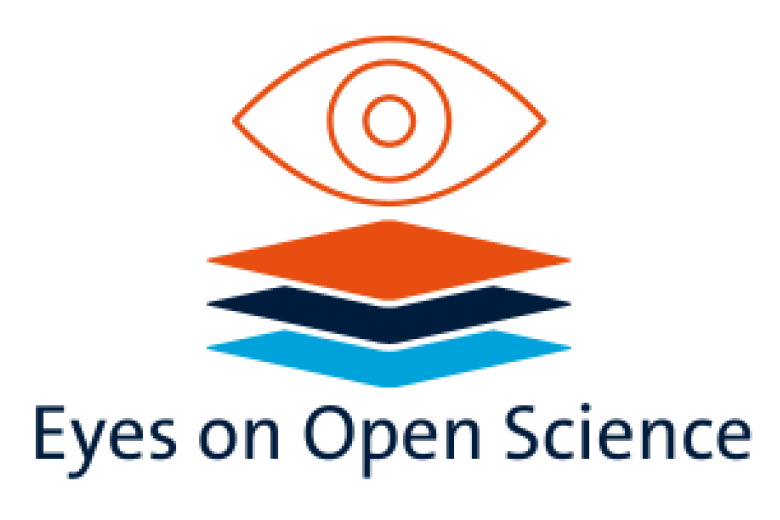Maastricht University researchers: Treatment of obesity must change
Anne Roefs, FPN professor of psychology and neuroscience of abnormal eating behaviour at Maastricht University, and Gijs Goossens, FHML NUTRIM professor of cardiometabolic physiology of obesity are collaborating in research in "the fight against obesity: looking beyond the average."
Limburg people are fatter than the average Dutchman.
A change is needed in the treatment of obese Limburgers. More than half in our province are overweight. More than half in our province are overweight. Maastricht University is therefore conducting research into what is now the specific reason why someone is too fat.
Now everyone is lumped together and overweight people are all offered the same lifestyle programme. "Not everyone is the same and has the same characteristics," says lead researcher Anne Roefs, professor of psychology and neuroscience of abnormal eating behaviour at Maastricht University. "It could be that someone is in debt, experiences stress as a result and is therefore overweight. Another may be overweight due to hormonal problems, for example."
These differences may mean that a different intervention is most likely to succeed, says Roefs. "What works for one person may not necessarily work for another. By looking closely at individual differences, we want to be able to better tailor help for overweight people in the future. Someone in debt does not necessarily benefit from an intensive lifestyle intervention. They might be better served by debt counselling first." Among other things, the researchers look at biological, personal and psychological factors, as well as behavioural and environmental characteristics of people who are (extremely) overweight. A personal profile will be made, and eating and exercise behaviour in daily life will be examined.
The first results are expected to be published in summer 2025. Around a hundred people are currently taking part in the study, but Roefs says many more are needed.
The Limburger is too fat.
Of all South Limburg men, 57 per cent are overweight, in North Limburg it is slightly more than half (53 per cent). Of all South Limburg women, more than half (51 per cent) are overweight, in North Limburg 46 per cent. One in six Limburg adults struggles with extreme overweight, obesity. For years, programmes to combat or prevent obesity have been running in the province. Yet the number of people who are (much) overweight is increasing. The number of overweight Dutch people has almost tripled in four decades, figures from Statistics Netherlands recently showed. How is this possible?
"You can say that everyone is responsible for their own behaviour, but it is made very difficult for people."
Snacks
"I understand it very well," says Anne Roefs, professor of psychology and neuroscience of abnormal eating behaviour at Maastricht University. "The whole environment is constantly tempting you to buy unhealthy food. At the train station, in the supermarket at the checkout, in the DIY store. Everywhere you go, unhealthy snacks are up for grabs." People have not changed, the environment has. Society has become more stressful; we exercise too little and eat too much unhealthy and processed food. Roefs, like colleague Gijs Goossens, professor of cardiometabolic physiology of obesity at Maastricht University, has been researching obesity for years. We have become an obesogenic society, the professors say. "In the supermarket, 80 per cent of the supply is unhealthy," they say.
"The whole environment is constantly tempting you to eat unhealthily"
Costs
Prevention is the watchword. Because the costs of obesity are high. Research conducted by the university with Partnership Overweight Netherlands shows that the total costs of overweight and obesity in adults in the Netherlands amount to 11,500 euros per person per year. This is mainly due to the fact that overweight and obese adults are sick more often and longer than adults with a healthy body weight.
Lifestyle intervention
A combined lifestyle intervention (GLI) costs 1,300 euros per person, says Anne Roefs. "People have their stomachs reduced for 10,000 euros, or reach for drugs like the diabetes drug Ozempic. These are not solutions. It is the wrong signal we are sending out; being fat will solve itself with a stomach reduction or a weight loss pill. That is symptom control." According to Roefs, the answer lies in a good intensive lifestyle intervention, which consists of diet, exercise and cognitive behavioural therapy, to guide someone towards sustainable healthy behaviour. "That's top sport. You don't just do that. This intervention looks for what makes it difficult for a person to live a healthy life, and looks for solutions how someone can make their behaviour healthier in a sustainable way. This takes time and intensive counselling. In addition, the government has to create good framework conditions. You can say that everyone is responsible for their own behaviour, but it is made very difficult for people."
"We want to move towards a more effective tailored approach. The causes of obesity and the effects of obesity on health differ between individuals.” Gijs Goossens
Prejudices
According to Goossens, a healthy lifestyle is very important for good health, but we should also fight the prejudices about obese people as well as look at biological causes. "The causes of obesity and the effects of obesity on health differ between individuals. By identifying this properly, we can work towards a more effective tailored approach." Research also shows that the stigma surrounding obesity can have several negative health consequences, such as chronic stress, he says. "Also, people who experience this stigma are less likely to seek help. It also does not help when healthcare providers only give the advice to live healthier, but neglect to look at deeper causes.
Source Article in the Limburger written by Judith Janssen 10 April 2024
Also read
-
The spin doctor: Resonance between imaging and health
Prof. Jeanine Prompers: Visualizing metabolism at the organ level helps tremendously in prevention and personalizing health care. An interview with newly inaugurated NUTRIM Prof. Jeanine Prompers.

-
Inauguration of plastic surgeon Andrzej Piatkowski
NUTRIM Professor of Innovative Reconstructive Surgery about his pioneering work in the field of breast reconstruction.

-
NUTRIM and Open Science
New blog on open science within our research institute, kicked off by Assistant Professor Egon Willighagen
